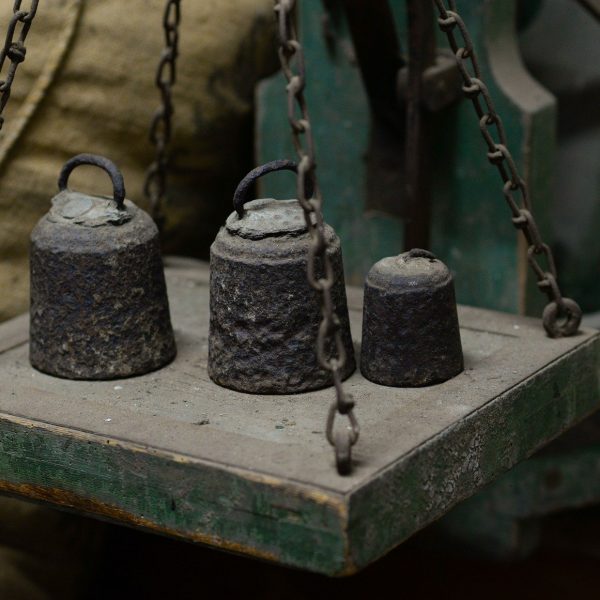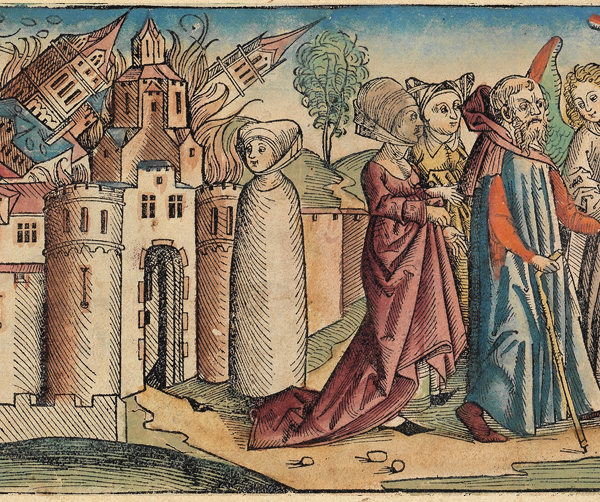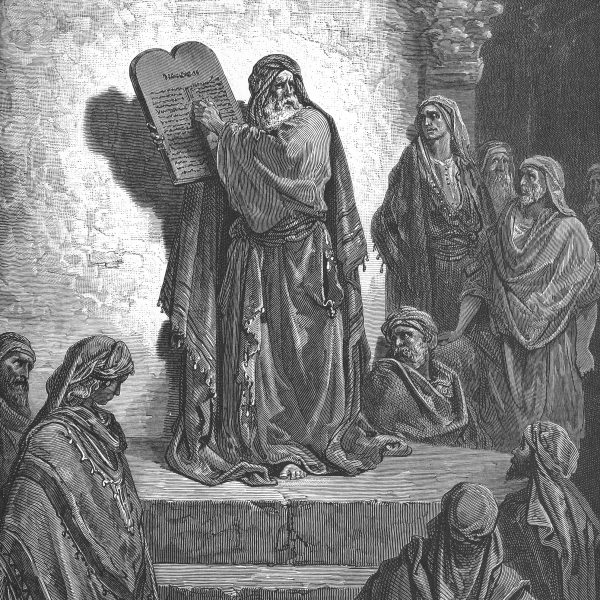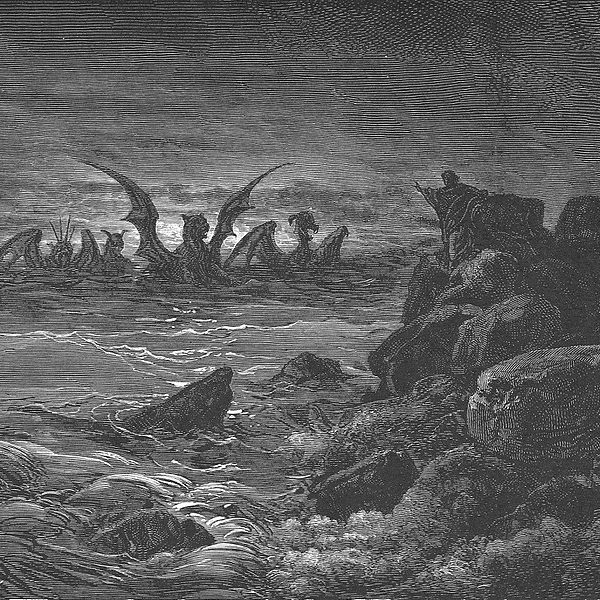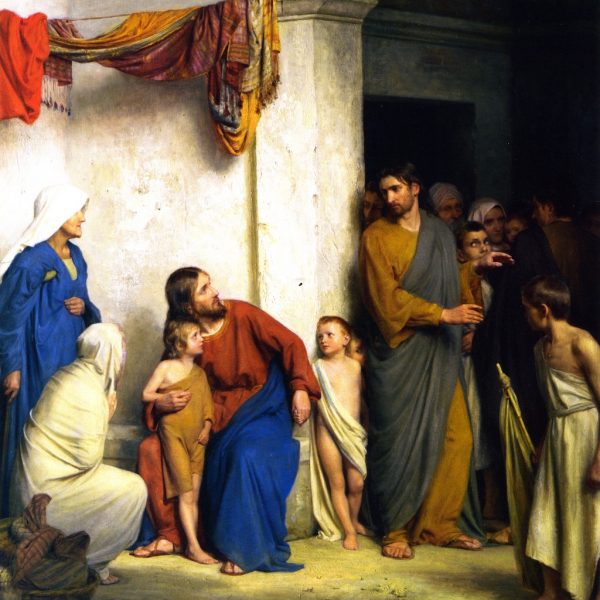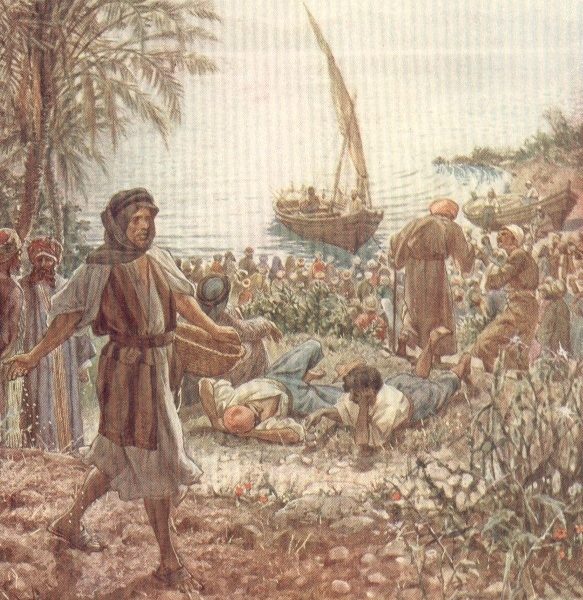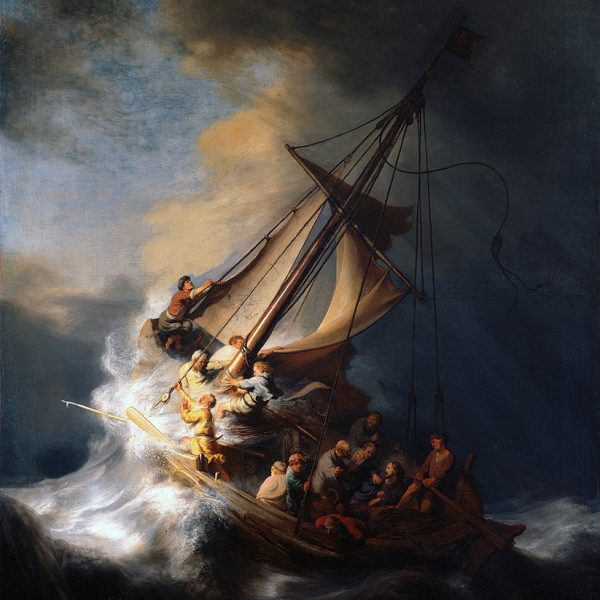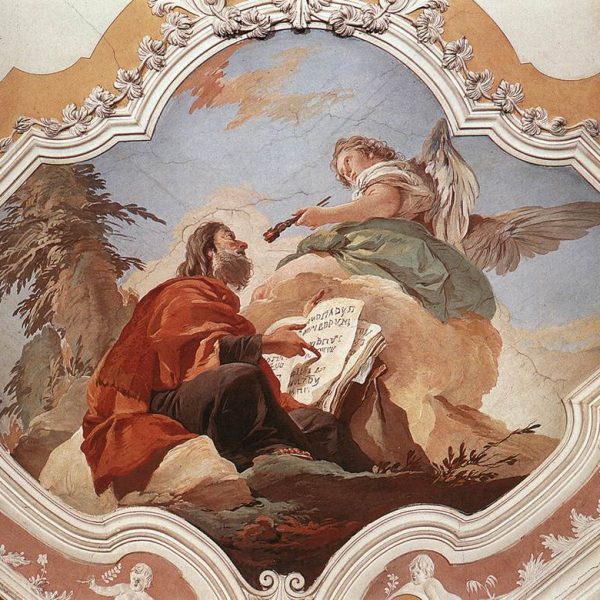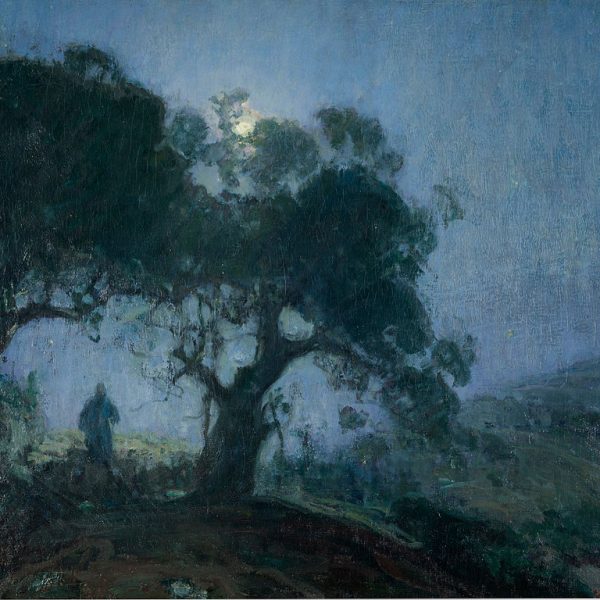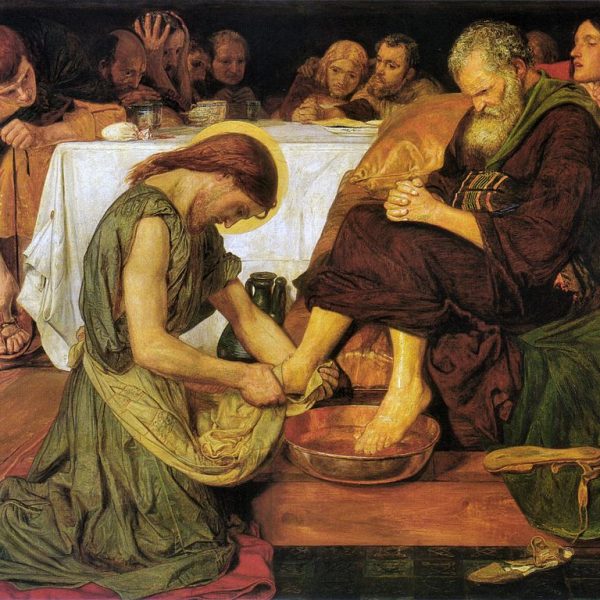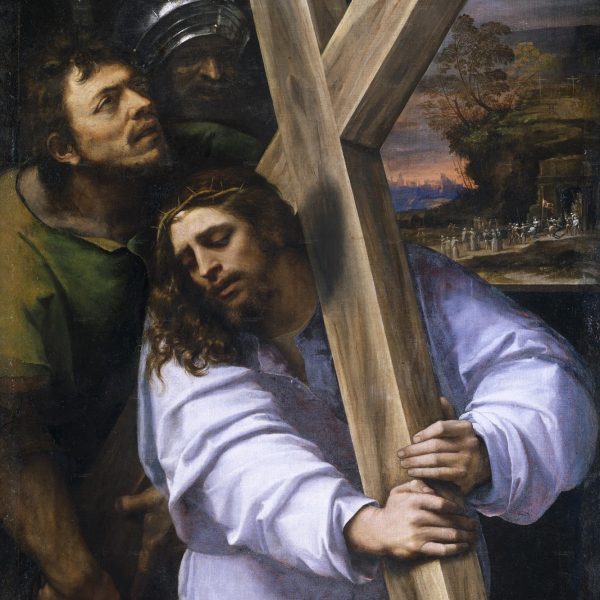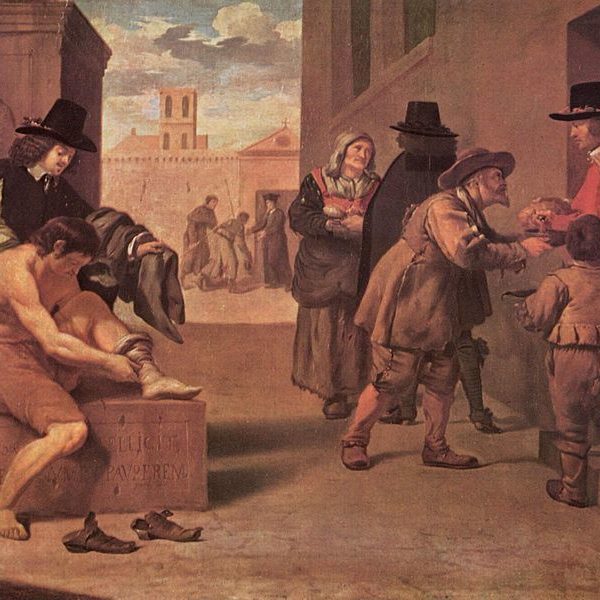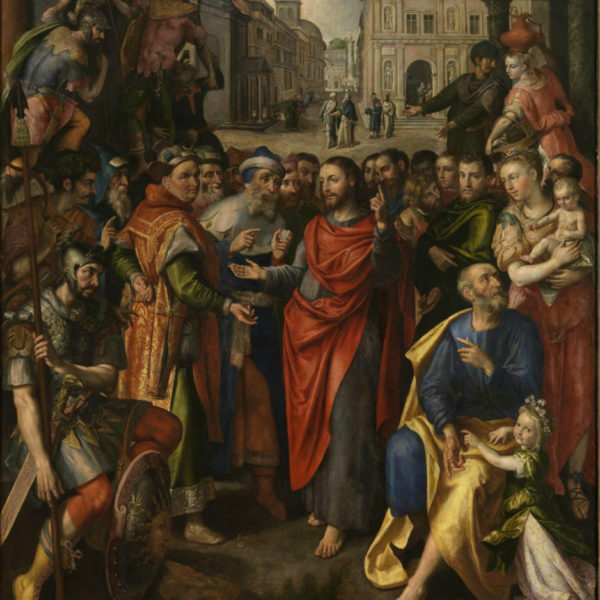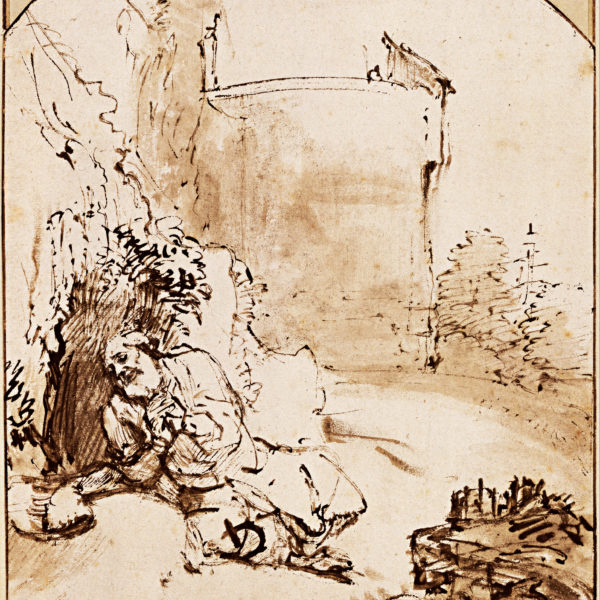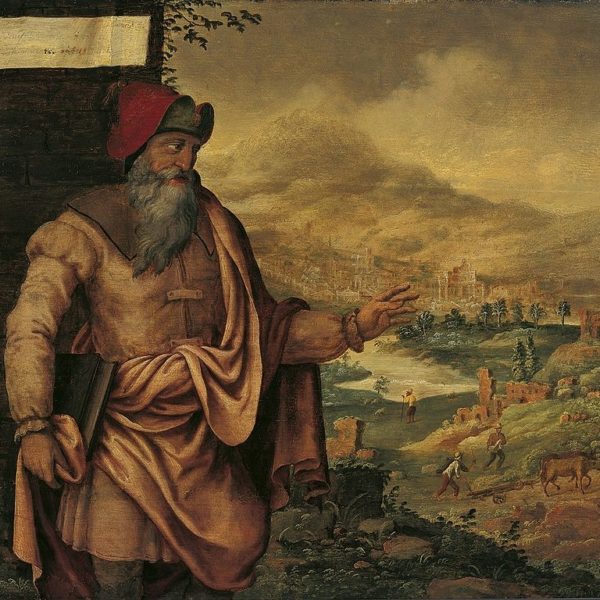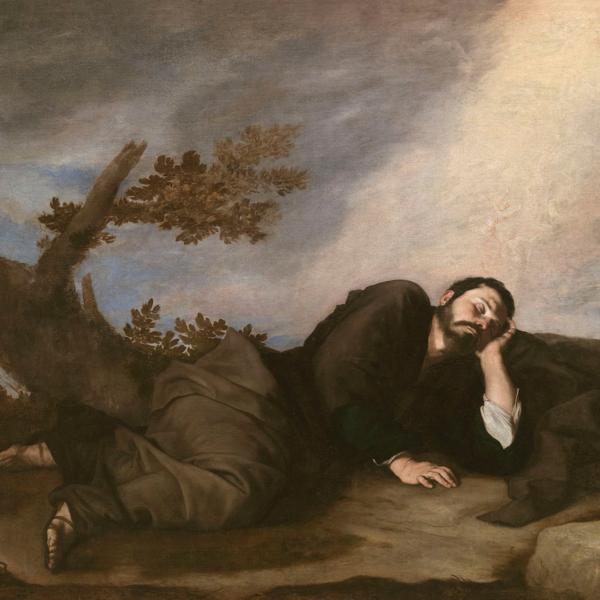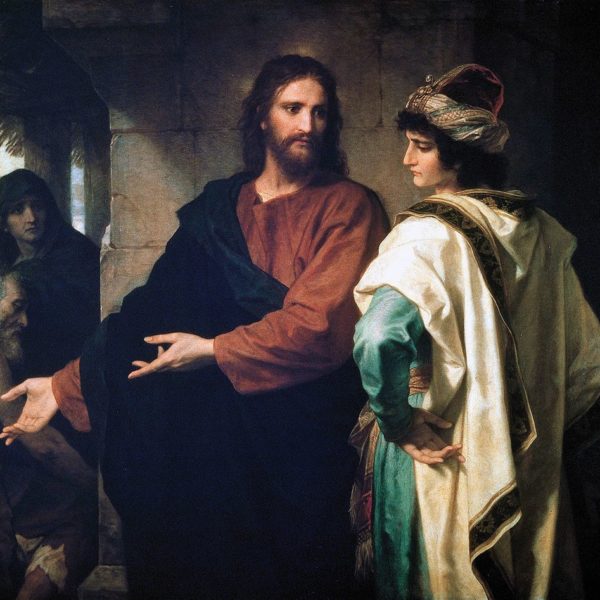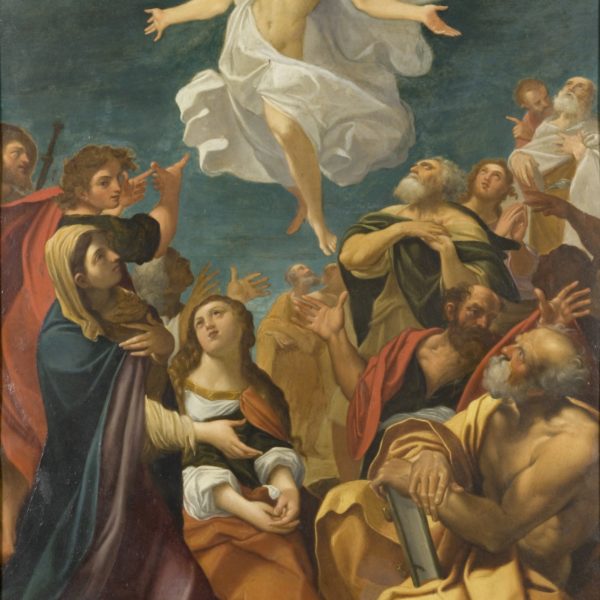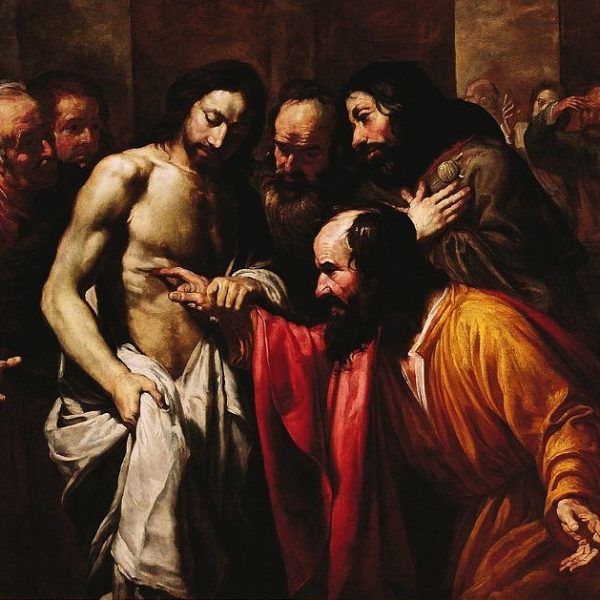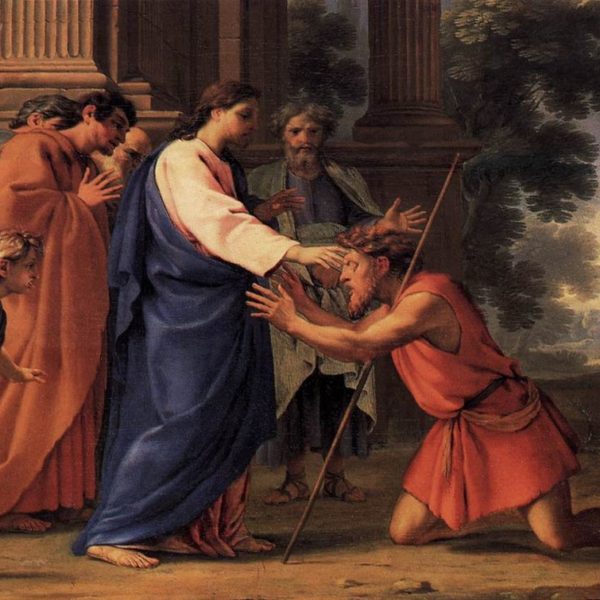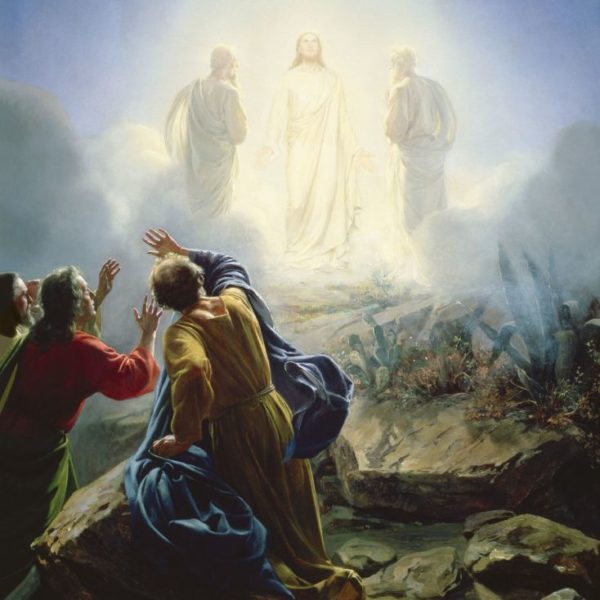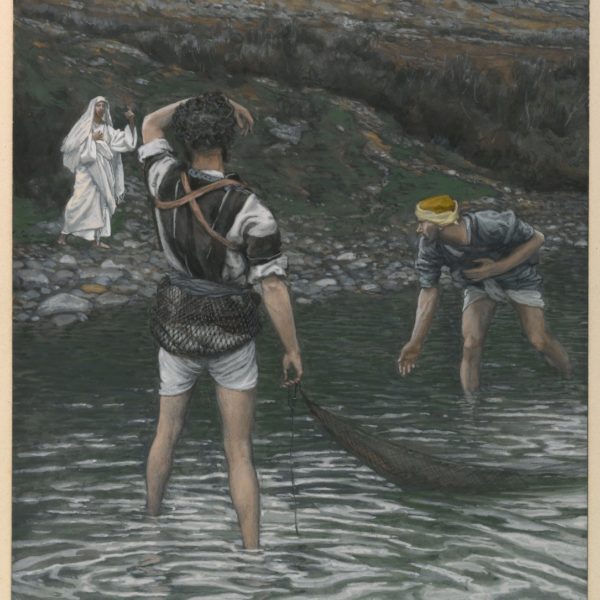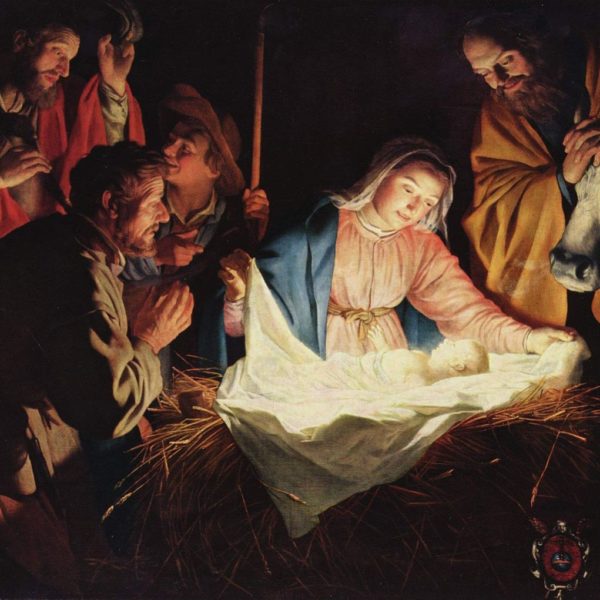Fritz Wendt
Essays
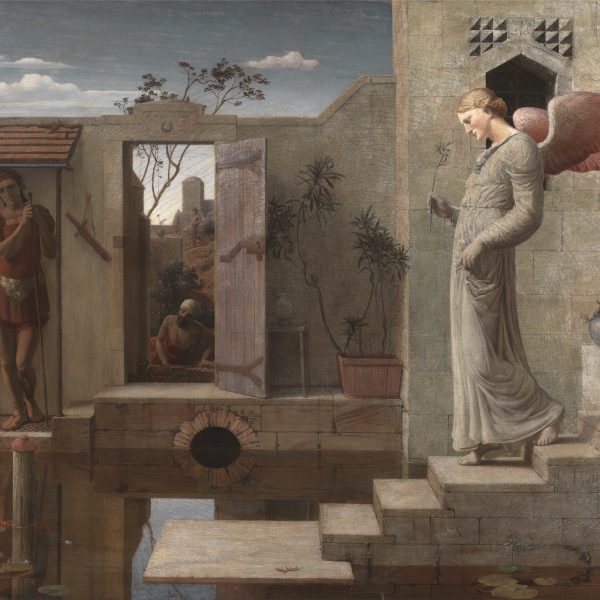
In our own world, the Bethesda story reminds us of the fact that social and economic systems meant to assist the needy often keep them in poverty. Our story suggests that the 40 million Americans who live in poverty will need to doubt and challenge the system, and to look for help outside of it. Further, our sermons will need to speak life into death as a reminder that there is life beyond the system.

We are called to proclaim God’s word in such a way that we offer a nourishing alternative to the scarcity that all too often is dished up by our capitalistic, technologically-obsessed, and media-saturated society. As the People of God we are called to proclaim a new world order, one characterized by abundance and joy, by justice and lovingkindness, without any restrictions, without any boundaries.
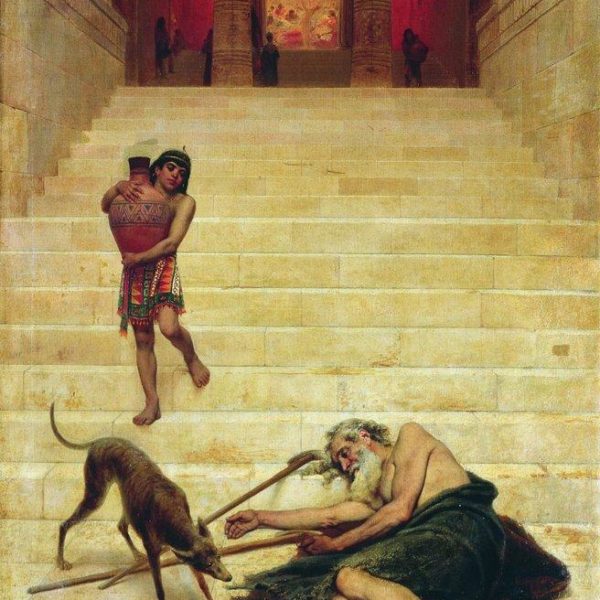
Jesus’ story of the Rich Man and Lazarus is a challenging account of the one neglected at the gate, who ends up being exalted, while the one at ease within is cast out. This story has a particular contemporary resonance in the context of the recent events surrounding the construction of the Dakota Access Pipeline.






